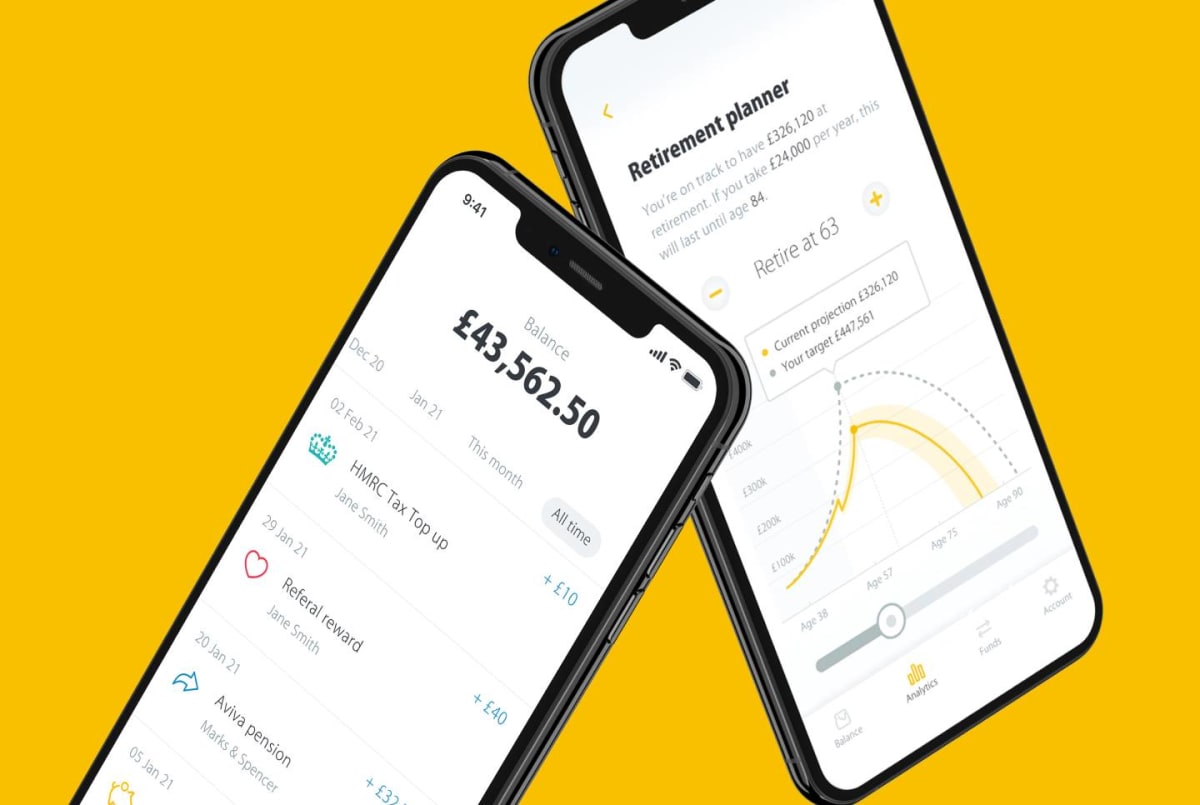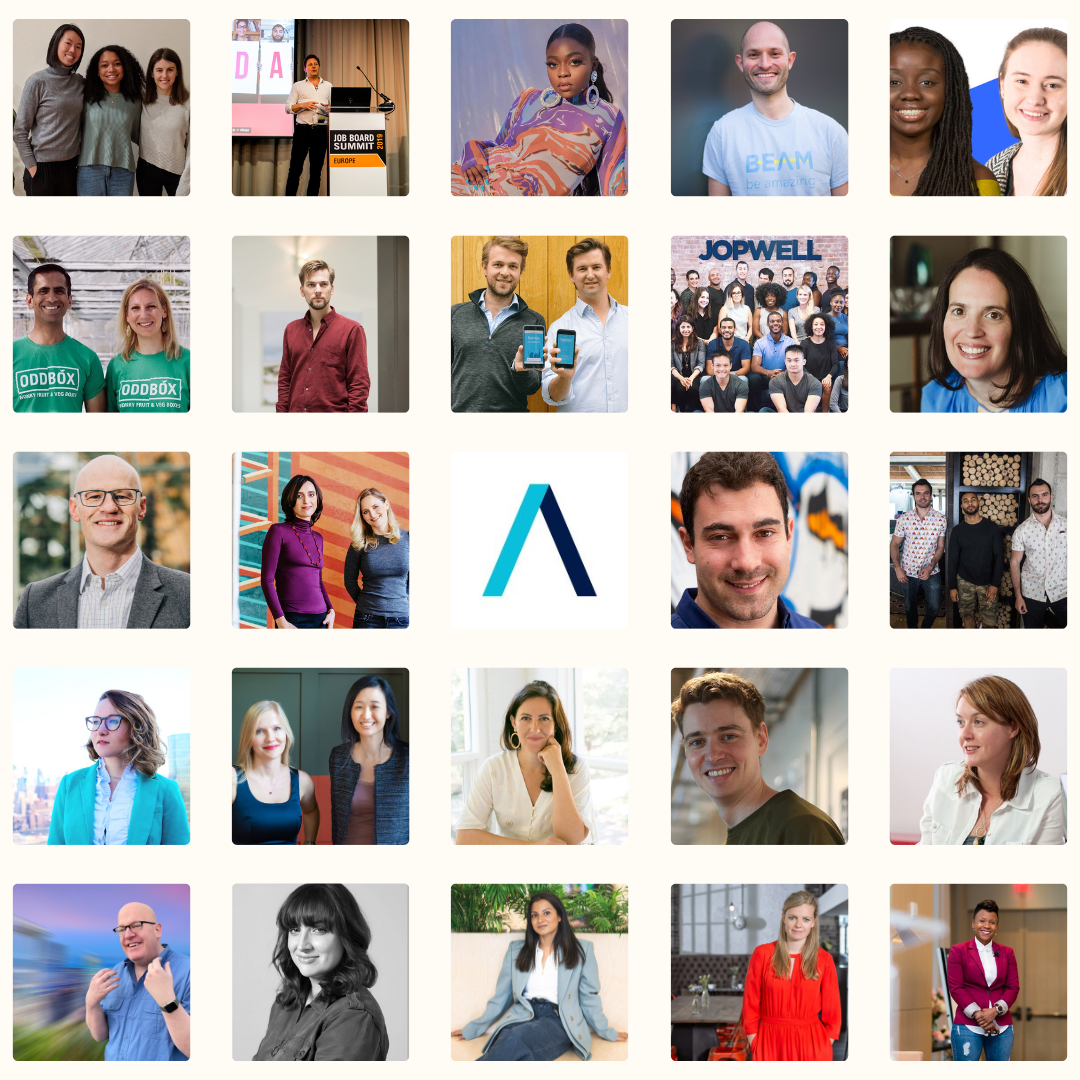In this interview, we talk with Jonathan Lister Parsons, co-founder at PensionBee and adviser at Decipad, as he offers insightful reflections on the remarkable success of PensionBee's April 2021 IPO, which saw them raise an impressive sum exceeding £50 million. Jonathan also sheds thoughts on starting out on a leaner funding path with PensionBee and the customary ethos of startups seeking venture capitalist investment.
Before we talk about the beginnings of PensionBee, just quickly explain what PensionBee is for those that don't know...
In short PensionBee is a financial technology platform that simplifies pension management. We provide individuals with an accessible and user-friendly solution to optimise their retirement savings.
So how did PensionBee start, and what was the underlying thought process that drove its creation?
The PensionBee story started with our CEO and Co-founder Romi Savova and her experience trying to move her old workplace pension. She was experiencing difficulty switching providers using traditional platforms and financial advisers, encountering archaic systems, excessive fees and complex paperwork. This experience led us to working together to come up with a solution that would simplify pension management. Our vision was to digitalise pensions, removing archaic systems and complexity.
It has become almost customary for startups to seek venture capitalist investment. With PensionBee having successfully raised a substantial amount in capital, what has been your experience with this process?
Securing investment for PensionBee accelerated our trajectory, although we always prioritised investments in customer acquisition, as we wanted to chase a path to profitability from the start. Unlike a lot of startups, we raised primarily from individuals, choosing to sidestep the venture capital market, and instead keep a simple cap table of investors holding ordinary shares. We've also used capital to invest in our team and to support the roll out of our technology, but I would say we've always had a strict eye on costs and ensured that every penny was being spent in order to make an impact.
I think of PensionBee as occupying something of a hybrid position between entirely bootstrapped companies and those that pursue a VC-backed hypergrowth model. Because we've raised from angels, I think we have more in common with companies that are pursuing sustainable growth, and I certainly don't think there is enough positive press about the benefits of pursuing a profitable business model from the beginning.
Did starting out on a leaner funding path affect the way that you approach hiring in the early days? How has that carried through to today?
Yes, we really wanted to preserve as much capital as we could in the early days, so we eschewed building out a large technical team and kept things lean, focussing on customer discovery and agile product development. In addition, we made some technical choices that allowed for people to join our Software Engineering team as their first professional technology role, usually coming to us from a 12-week coding bootcamp, such as Makers Academy or General Assembly. We ensured that these people were working with commonly used web technologies, and outsourced concerns around infrastructure and platform management where we could, to ensure that every ounce of someone's effort could be directed at the applications that our customers touched.
We embraced this model of building a health pipeline of junior engineers by supporting people within other departments at PensionBee to transition into Software Engineering. Between the career switchers, these internal transitions and more recently, working again with Makers on their Software Engineering Apprenticeship, we're proud to have opened up roles in technology careers to people with a non-traditional background.










